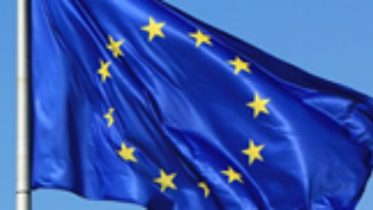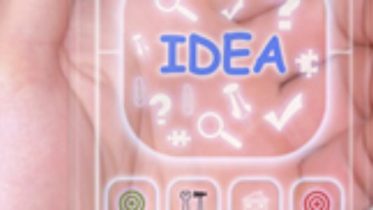The protection of abstract ideas in the US
- 03 February 2015
- Articles
The recent decision ‘Alice Corp. v. CLS Bank International’ issued by the Supreme Court of the United States on 19 June 2014 considers the mere fact of implementing an abstract idea on a computer does not make the idea patentable.
Over recent years the Supreme Court of the United States has issued several important rulings on patentability of business methods, software patents and, in general, any abstract idea.
Already in 2010 the ruling ‘Bilski v. Kappos’ confirmed that a method for hedging in the raw materials market was not patentable, as it was an abstract idea, although this decision did leave open the protection of business methods, stating that the determination of patentability of a process could be determined in different ways, and not solely by the “machine-or-transformation test”, which considers that a process is patentable if it is implemented by a machine in a non-trivial manner or transforms an article from one state to another.
In 2012 the ‘Mayo v. Prometheus’ ruling confirmed that inventions of procedures that referred solely to laws of nature, natural phenomena or observations of natural relationships, as well as any of their applications are not in themselves patentable. In a similar field, the ruling ‘Myriad’ in 2013 concluded that DNA sequences found in nature are also not patentable.
In 2014 the Supreme Court issued the most recent ruling to date, ‘Alice Corp v. CLS’. Alice Corp., an Australian financial company, protected a computer program to reduce financial transaction risk under several patents in the US. CLS Bank International contested the validity of the patents, stating that Alice was only using a well-known concept and programmed it to use in computers.
Therefore a decision by the Supreme Court was vital to clarify whether an abstract idea can be taken and patented simply because it works on a computer.
The Alice ruling concludes that claiming the implementation of an abstract idea on a computer is not enough to consider it a patentable idea. Or, in other words, simply indicating the use of a computer does not convert an abstract idea that in itself was not eligible into a patentable invention.
The effects of Alice have not taken long have an impact. Thus, last December the United States Patent and Trademark Office (USPTO) launched a help guide for their examiners (‘Interim Guidance on Subject Matter Eligibility’) to determine the matters that may be subject to a patent, bearing in mind, among others, the Alice and Mayo decisions.
Also since the Alice ruling was issued, numerous patent requests relating to software and business methods have received supplementary Office actions which include new objections, not initially considered by the examiner, consistent in that the claims are simply to protect the implementation of an abstract idea in a computer in a routine way, without involving a technological improvement and therefore considered to be non-patentable subject matter.
In this way we can conclude that currently the claims concerning abstract ideas alone are not patentable in the US, even though its implementation on a computer is specified, the inclusion of additional elements being required.
Software inventions and business methods continue being patentable in the US, albeit with more restrictions than previously.






